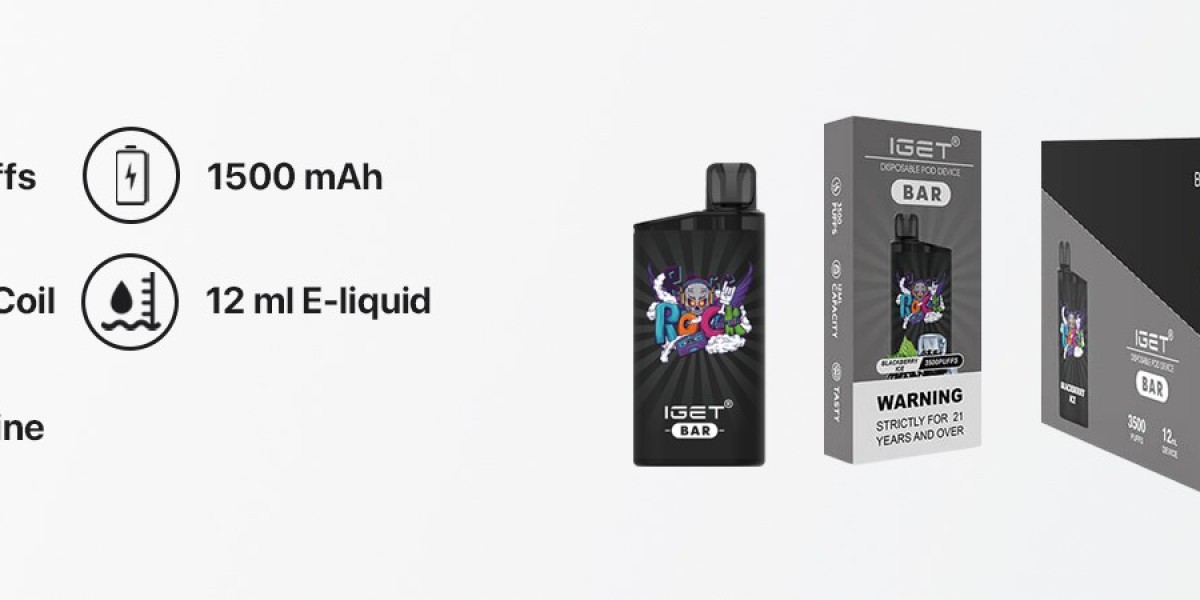Leucorrhoea, often referred to as vaginal discharge, is a common concern among women of reproductive age. While it's normal for women to have some vaginal discharge, excessive or abnormal discharge accompanied by other symptoms may indicate an underlying health issue. In this article, we'll explore what leucorrhoea is, its causes, symptoms, and available treatment options.
What is Leucorrhoea?
Leucorrhoea is a medical condition characterized by a whitish or yellowish discharge from the vagina. This discharge may vary in consistency and odor and is usually seen as a sign of an imbalance in the vaginal environment.
Causes of Leucorrhoea
Several factors can contribute to the development of leucorrhoea:
- Infections: Bacterial, fungal, or parasitic infections, leucorrhoea such as yeast infections (Candidiasis) or sexually transmitted infections (STIs) like trichomoniasis, can cause abnormal vaginal discharge.
- Hormonal Changes: Fluctuations in hormone levels, particularly during puberty, pregnancy, or menopause, can lead to changes in vaginal discharge.
- Poor Hygiene: Inadequate genital hygiene practices can disrupt the natural balance of bacteria in the vagina, leading to leucorrhoea.
- Sexually Transmitted Infections (STIs): STIs such as gonorrhea and chlamydia can cause abnormal vaginal discharge along with other symptoms like itching and burning.
- Allergies or Irritants: Some women may experience leucorrhoea as a result of an allergic reaction to certain soaps, perfumes, or fabrics.
Symptoms of Leucorrhoea
In addition to abnormal vaginal discharge, women with leucorrhoea may experience other symptoms, including:
- Itching or irritation in the vaginal area
- Burning sensation during urination
- Pain or discomfort during sexual intercourse
- Redness or swelling of the vulva
- Foul odor accompanying the discharge
Treatment Options
Treatment for leucorrhoea depends on the underlying cause. Here are some common treatment options:
- Antifungal Medications: If the cause of leucorrhoea is a fungal infection, antifungal medications such as clotrimazole or fluconazole may be prescribed.
- Antibiotics: Bacterial infections causing leucorrhoea may require antibiotics to clear the infection.
- Maintaining Hygiene: Practicing good genital hygiene, including regular washing with mild soap and water, can help prevent and alleviate leucorrhoea.
- Avoiding Irritants: Avoiding irritants such as scented soaps, douches, and tight-fitting clothing can help reduce vaginal irritation and discharge.
- Healthy Lifestyle Changes: Eating a balanced diet, staying hydrated, and practicing safe sex can help maintain vaginal health and prevent infections.
Conclusion
Leucorrhoea is a common condition that affects many women at some point in their lives. While occasional vaginal discharge is normal, persistent or abnormal discharge accompanied by other symptoms should be evaluated by a healthcare provider. By understanding the causes, symptoms, and treatment options for leucorrhoea, women can take proactive steps to maintain vaginal health and overall well-being. If you're experiencing unusual vaginal discharge or discomfort, don't hesitate to seek medical advice for proper diagnosis and treatment.







